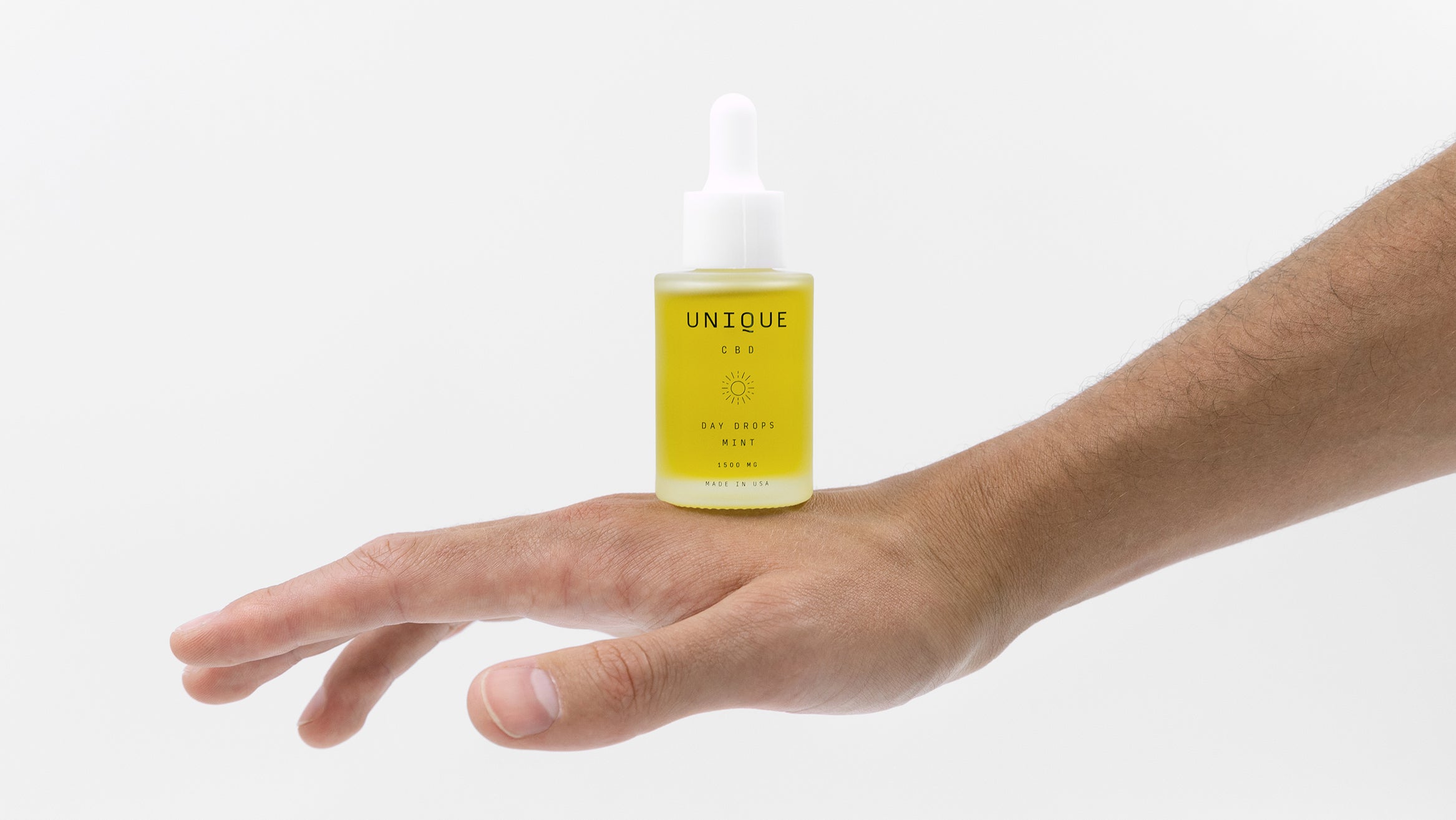
Travelling with CBD: What You Need to Know
Given that CBD is often spoken about in association with THC and Cannabis, it is understandable that you may have concerns when it comes to carrying CBD out and about or across borders. These reservations are not unfounded; although you can travel with CBD to many places without any issues, it is also important to make sure you’re informed before doing so to avoid potential problems or journey delays.
Before we go anywhere, let’s first go over CBD law as it exists today in the UK. At present, CBD is legal in the UK and can be carried and purchased freely, provided it doesn’t exceed the legal THC limit. This is defined as the total product contents not containing more than 1 milligram of THC, although this is most often unofficially stated as 0.2% concentration or less. Provided a product has a lab report to go with it, it should be very easy to get hold of this information and confirm that your product is safe and below legal limits. Not having this information to hand may cause you problems when it comes to travelling further afield.
Otherwise, taking CBD with you throughout the UK is completely legal.

Can I take CBD oil on a plane?
Short answer- maybe. You can take CBD on most flights, but this depends upon the locations you are travelling to and from.
For the long answer, there are a few things to check first. In the same way we’ve just covered UK laws and confirmed that CBD is permitted, we need to do the same research for wherever you are travelling to. On the most part, CBD is legal to take to many countries and parts of the world, but there are exceptions, restrictions and grey areas along the way.
Some countries’ legal limit of THC varies from the UK. For example, in Italy, where products can be up to 0.6% THC. Other countries require a prescription such as Germany and Portugal.
Another thing to consider is the kind of CBD product you plan on travelling with. CBD oil or topicals are good because they tend to be clearly packaged and have lab reports to go with them (we would also recommend having a copy of the lab report handy, whether printed or a digital copy on your phone, just in case).
On the other hand, trying to go abroad with CBD flower (dried hemp plant material, used commonly for making CBD tea) is not a good idea. Even if it falls below the legal limit, they rarely have lab reports to confirm THC levels and without this to support it, it is visually indistinguishable from Cannabis and very likely to be challenged.
Fortunately, many airlines can now provide information regarding their stance on CBD products too, so if in doubt, it’s always worth getting in touch directly and double checking.

Travelling to Europe
In general, the majority of Europe is nice and easy with regards to CBD, with most countries having similar laws and THC limits to the UK. A small handful of European countries (e.g. Germany, Portugal, Denmark) require CBD to be prescribed, and fewer still (e.g. Serbia or Slovakia, where there are incredibly strict Cannabis laws) do not permit CBD. Many of these laws are still developing, as they were originally created for Cannabis but have not yet established laws specifically for CBD. Over time, it is likely that the legislature for CBD will become more defined and not be as conditional on pre-existing blanket laws.

Travelling to the US
Laws in the US vary from state to state, and can sometimes even vary within single states, which makes things a little confusing. Again, the advice remains the same; to research laws for specific locations before travelling. Anecdotally, the US is known to often be stricter on checking CBD products. The federal THC limit is 0.3%, but be aware that a product that can’t be shown to be under this limit, or an already-open product (in case the contents have been replaced) is likely to be seized.
You will also need to consider this when returning to the UK from the US. If you purchase a CBD product that is 2-3% THC whilst in the US, this would be considered legal, but if you attempt to bring it back with you to the UK then you will be breaking UK laws.
So in summary, always check the laws relevant to where you’re travelling to, and ensure you travel with a sealed product that can be shown to be below the THC limit.

Travelling to the rest of the world
Laws vary worldwide, as we have already determined. For the most part, CBD is accepted in far more countries than not, but the ongoing takeaway from this blog post should be that it’s always essential to check with the place you are travelling to. This should also account for checking changes in flights. Make sure if you are travelling via any other country, even if only for a brief change within an airport, that you have checked laws there too. A surprising number of countries, for example Venezuela, Ecuador, and many parts of Africa, simply don’t have clearly defined laws in place yet for CBD products, but in these circumstances it is best to err on the side of caution.
For more information on the legal statuses of specific countries worldwide, this list gives a breakdown for most parts of the world.
CBD is a complicated, ever-changing industry and this is reflected in the laws that regulate it as well. Although correct at the time of writing this article, it’s also very likely that in the coming months and years there will be significant changes to restrictions as CBD becomes more recognised worldwide. Make sure to do your research, check the laws, and only bring CBD with you if you’re certain you can beforehand- it’s not worth the stress of delaying a trip, but with a little forward planning you can be confident in your future journeys.


